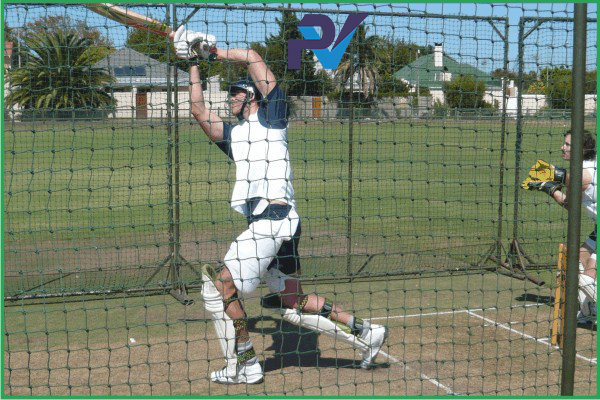How to Coach Cricketers Who Have Loads of Coaches
 Iain Brunnschweiler is England Development Programme Coach, and founder of Inspired Cricket
Iain Brunnschweiler is England Development Programme Coach, and founder of Inspired Cricket
These days it seems like every player has a dozen coaches; teachers, club, rep level, school and parents are all chipping in to help.
Who do they listen to?
Everyone who offers advice to talented young players is doing it with the best of intentions. We are enthusiastic and trying to have a positive impact. We make our messages strong and clear.
Yet, different voices have different opinions. With every new coach comes a new piece of advice. Some of it will conflict directly with previous words of wisdom. Put yourself in the shoes of a player and you quickly realise how confusing it gets.
As part of my role in the ECB, I have been travelling the country to chat to county coaches about how the lads on the England U19 tour have played and been coached. This will help a great deal in establishing a strong, unified message between coaches for these players. I recommend all coaches do their best to speak to other coaches.
Yes, I know it can't always happen that way too.
So what do we do?
Coaching for players with lots of coaches
As a coach, I know that simply telling a player what to do is often the easiest route. I also know that it risks confusing the player because someone else tells them something different.
If I tell a player one thing, and you tell the same player something different, we might both have a valid but opposing point. Or, maybe not in some cases! Whichever is true, it doesn't help the player one bit. Eventually they will work out the right answer themselves. It will take much longer if they are trying to keep multiple coaches happy.
So, we need to coach to allow the player to quickly find out the method which works for best for them, at that time.
And that means coaching with questions.
So, start by asking, "what outcome are you looking to achieve?"
Let's say the player wants to hit the ball more consistently on the ground through the off side, so you set up the bowling machine to feed that area.
Then you ask "how can you acheive your goal?"
You could start telling your player about elbow position, foot angle, head position and a dozen other things. Or you could listen to your player, watch what they do in the drill then ask again "are you achieving your goal by playing this way?"
Knowledge is not permission to stroke ego
Coaching in this way is hard because you want to impart your hard-won knowledge onto a player. You want to tell them all thing things you know because it will help them improve.
I know, I have done it many times myself.
This is ego.
And really good coaches are able to put ego aside in the quest to help players achieve their potential. After all, it is all about the player, not the coach.
Peter Moores - one of the most respected coaches in the modern game - once told me that thinking of yourself as teacher is the wrong approach. The player is the teacher and the coach is the student.
Why did he say this?
Because everyone is different; personality, build, technique and skills. As coaches we must learn about the player as much as we can. So, it's vital to coach them without ego: Ask lots of questions. Design practice to work towards specific outcomes. Let the player make mistakes and learn from them.
That way you will find yourself coaching self-reliant cricketers. Cricketers who can be coached by anyone without fear of getting confused. Cricketers who perform.
For more coaching skills, drills and tips, check out Iain Brunnschweiler on PitchVision Academy. Or visit the Inspired Cricket project: helping to inspire the next generation of cricketers.
- Login to post comments

